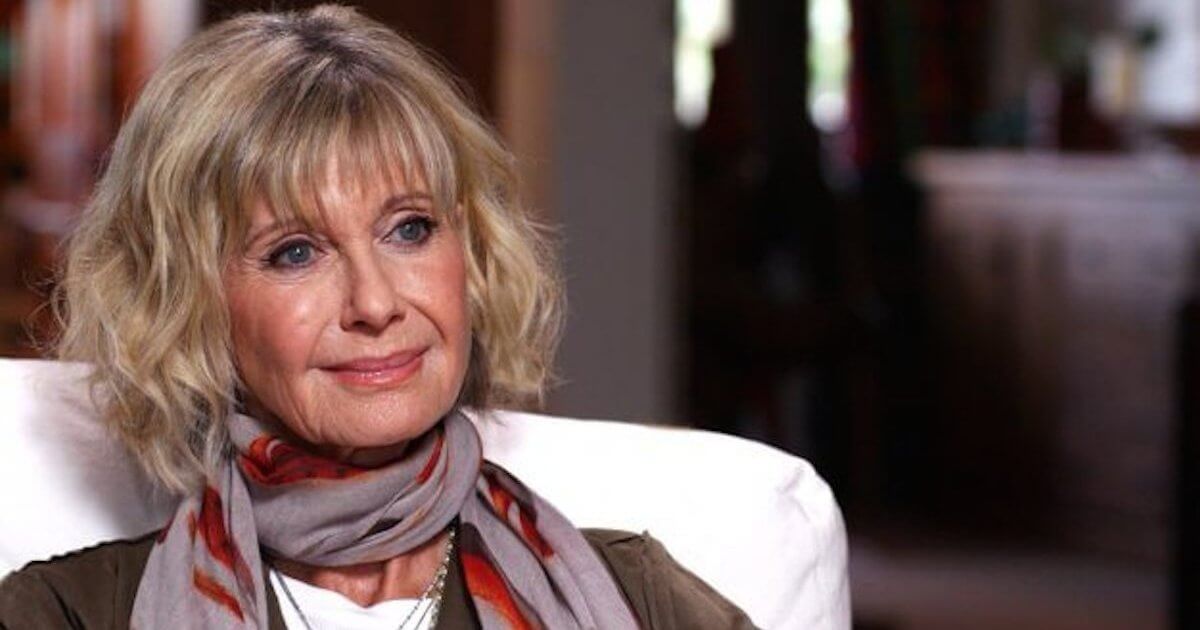Olivia's Loss
- Olivia Newton-John, 72, is currently fighting breast cancer and shares that one of the nurses who cared for her in 2018, Emma Cohen, has passed.
- Newton-John was first diagnosed with breast cancer in 1992, and was again diagnosed with it in 2017; she is currently living with metastatic breast cancer.
- Losing a loved one or former caretaker can be devastating; resources like therapy and support groups are there to help.
Taking to Instagram, Newton-John writes, “My heart is still in shock and so saddened to learn of the sudden loss of the very special Emma Cohen. Emma took care of me at a very vulnerable time in my life when I was a patient on her unit at the @onjcancercentre in 2018. She ensured my stay was safe and comfortable, always had practical advice for me, showed strong leadership skills and had a great sense of humor….”
Read MoreView this post on InstagramNewton-John praises Cohen’s light and spirit, too, writing, “She was a bright, energetic and powerful woman with a huge future ahead of her, and we connected on our mission to help patients on their cancer journey. Emma had such a generous spirit and a warm and loving heart – I will miss seeing her lovely face at the Centre and send my love and deepest condolences to her friends and family.”
Olivia’s Cancer Journey
Newton-John is currently battling advanced-stage breast cancer. She’s shared her cancer journey very publicly, too, and used it as a way to raise awareness around the disease. The singer was first diagnosed with breast cancer in 1992. She underwent chemotherapy, and had a partial mastectomy (surgical removal of cancerous breast tissue).
Dr. Ann Partridge, an oncologist at the Dana-Farber Cancer Institute, explains the mastectomy procedure in an earlier interview. “When I talk to a woman who comes to me and she has breast cancer, I evaluate what the standard options for treatment for her are, which typically include cutting out the cancer– which is either a lumpectomy if you can get it all with just a little scooping around of the area that’s abnormal or a mastectomy for some women meaning taking the full breast because sometimes these lesions can be very extensive in the breast,” she says. “And I’ll talk to a woman about that and I’ll say these are two main options or the big fork in the road.”
In 2017, Newton-John’s cancer returned and it had spread to other parts of her body. She underwent radiation treatment for the recurrence. Newton-John has spoken openly about the ways she is coping with the diagnosis, including using cannabis to minimize her pain from treatment.
When Should You Consider a Mastectomy?
Coping with the Loss of a Loved One
Losing a caretaker or loved one can be heartbreaking. Thankfully, there are formal methods of support to help you cope during this difficult time. One of them is therapy. Camila Legaspi was in high school when she lost her mom to breast cancer, and she credits therapy with saving her during that time. “Therapy saved my life,” she says. “I was dealing with some really intense anxiety and depression at that point.”
“It just changed my life, because I was so drained by all the negativity that was going on. Going to a therapist helped me realize that there was still so much out there for me, that I still had my family, that I still had my siblings. The reality is, is when you lose someone, it’s really, really, really hard. And it’s totally OK to talk to someone. And I’m so happy that I talked to my therapist,” she says. “Keep your chin up, and it’s going to be OK.”
"Therapy Saved My Life": After Losing A Loved One, Don't Be Afraid To Ask For Help
Learn more about SurvivorNet's rigorous medical review process.


